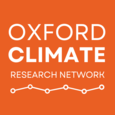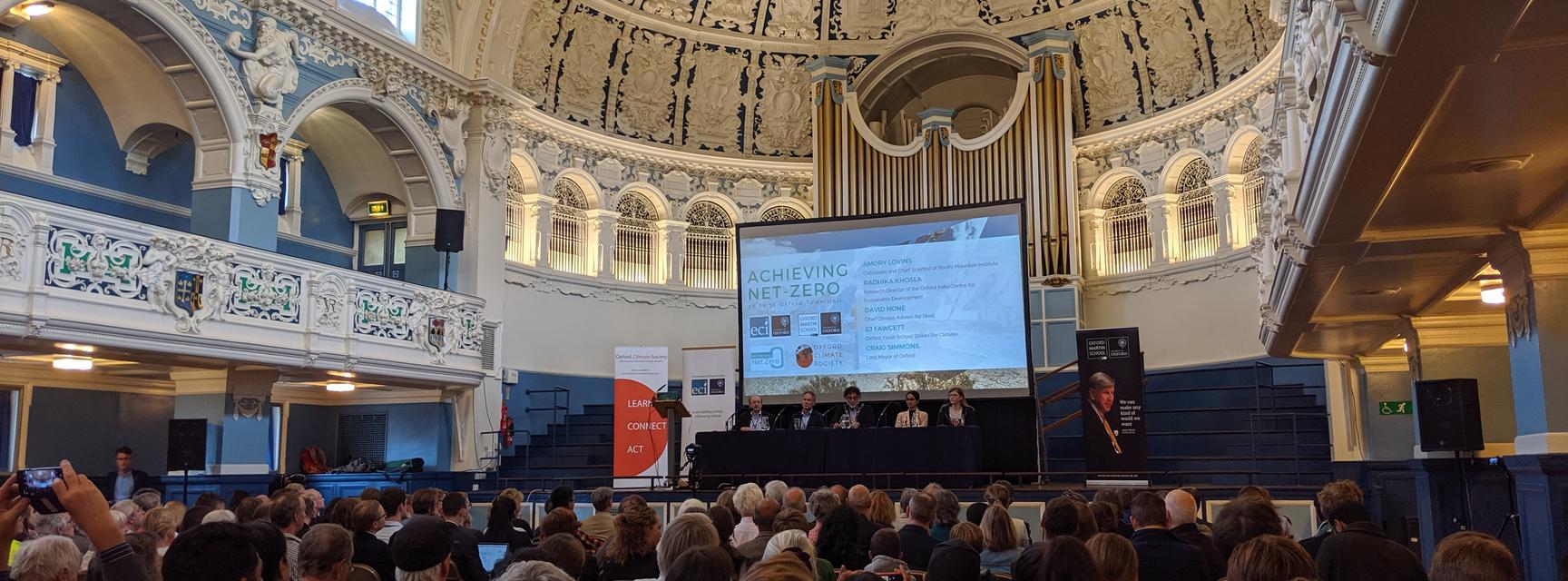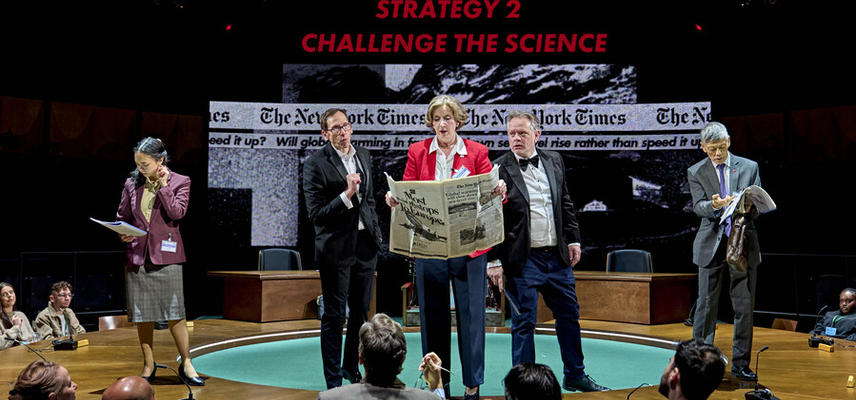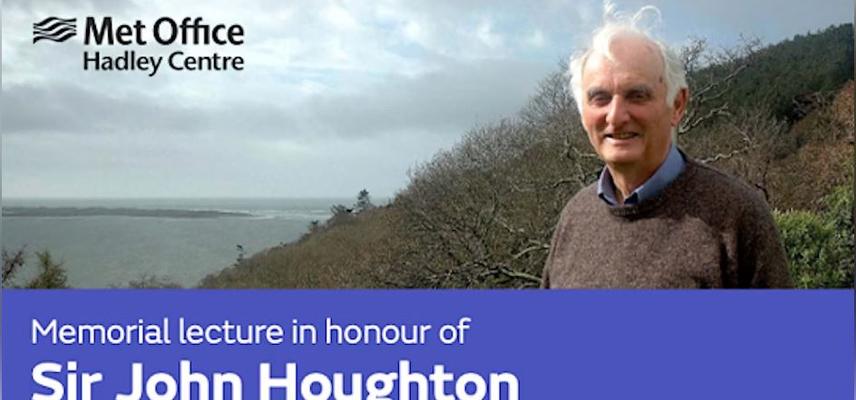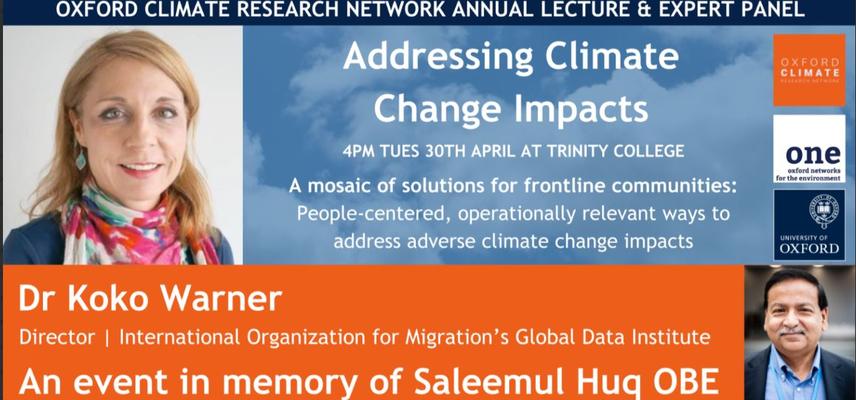Events
Click on tab below to view each type of events
Climate Related Events
Upcoming OCRN Events
Upcoming OCRN Events
No events at this time
Recordings of Past OCRN Events
Past Events and Recordings
Putting climate negotiations on stage: A roundtable with the writers of Kyoto, 11th March 2025
Putting climate negotiations on stage: A roundtable with the writers of Kyoto, 11th March 2025
Houghton Lecture 2025 Professor Karen Heywood OBE FRS, 4th March 2025
Houghton Lecture 2025 Professor Karen Heywood OBE FRS, 4th March 2025
OCRN Annual Lecture 2024 | Dr Koko Warner | Addressing Climate Change Impacts

